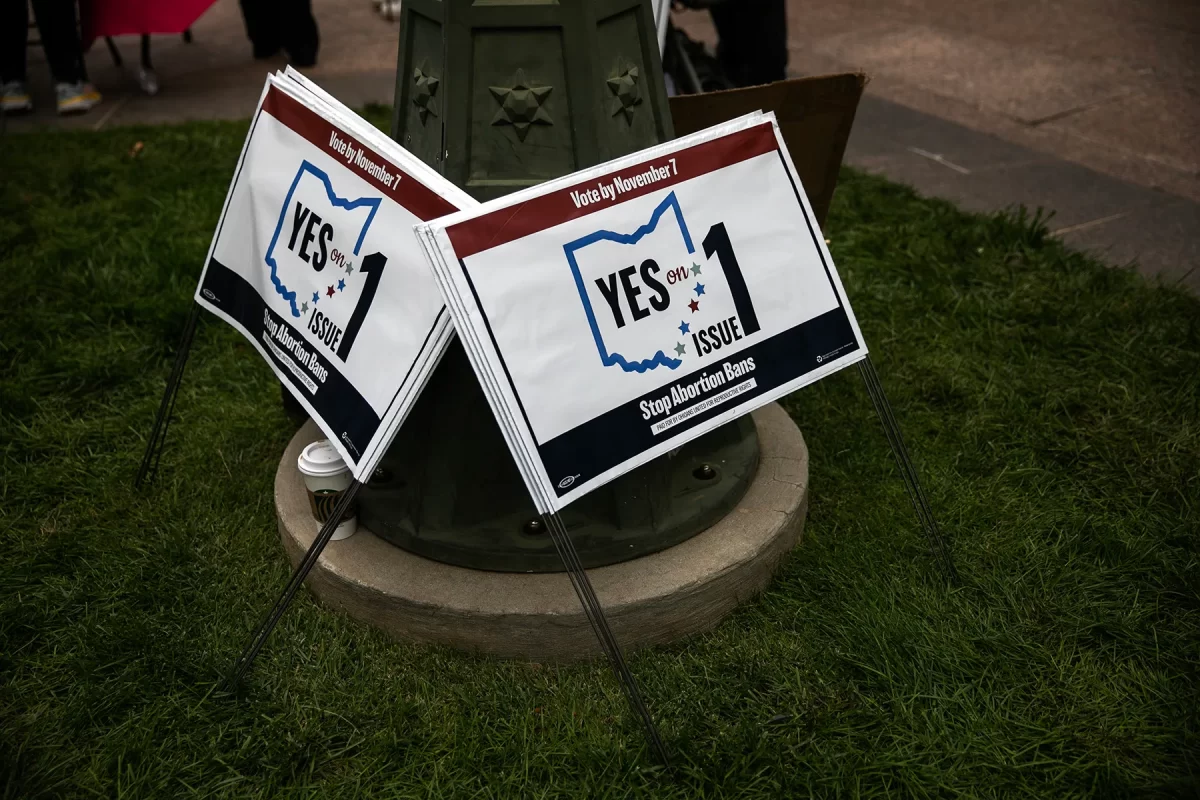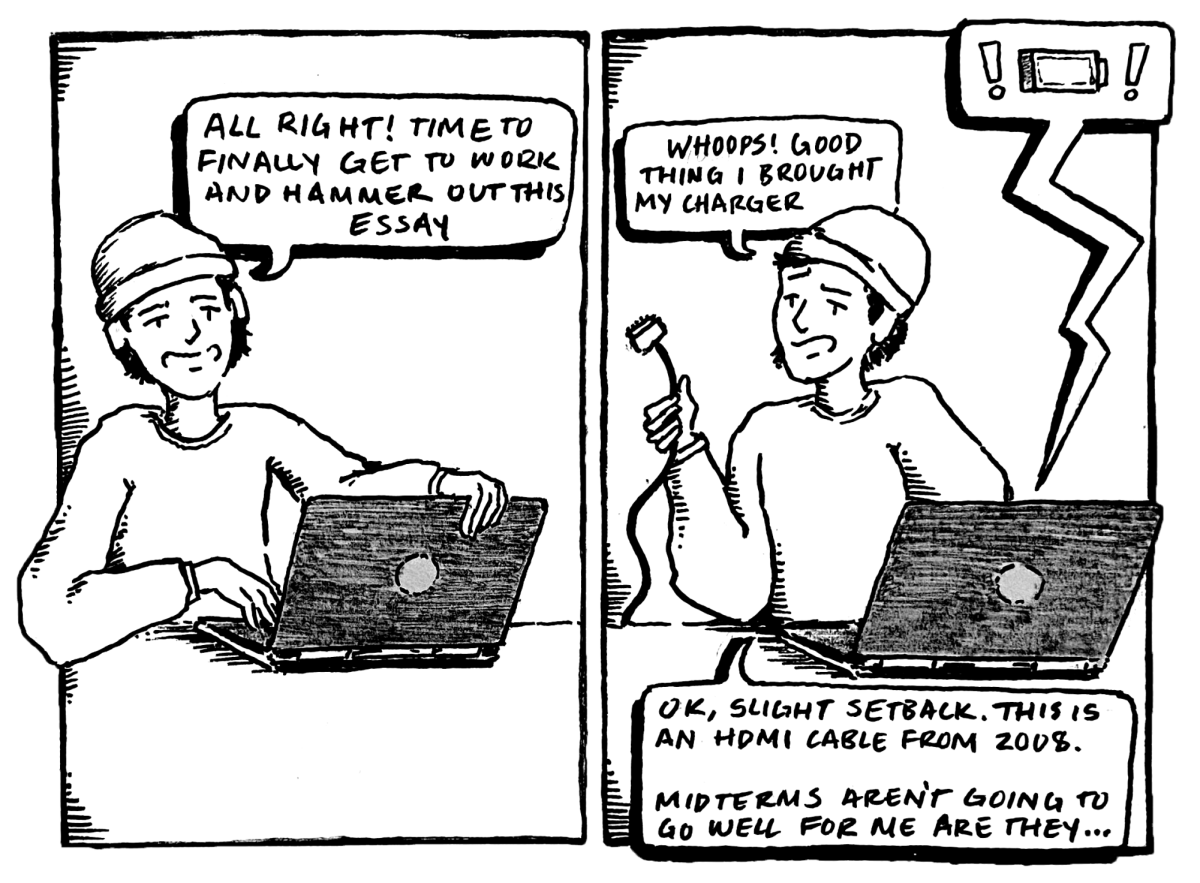The Editorial Board strongly encourages people to vote Yes on Issue 1 and 2 and No on Issue 20.
Issue 1, the Right to Make Reproductive Decisions Including Abortion Initiative, involves protecting all forms of reproductive health care in the state, essentially codifying them into the State Constitution. This Editorial Board believes that the health care protected by Issue 1 is important to the state of Ohio and students at Oberlin College. After Roe v. Wade was overturned in June 2022, a ban on abortions after six weeks was instituted shortly afterward, which was previously vetoed in 2019. On Sept. 14, 2022, a lower court in Ohio blocked this ban. However, if Issue 1 does not pass, it would mean that the six-week ban could be reinstated. Ohioans who need abortions would then have to travel to Pennsylvania or Michigan to get these. Restrictive bans such as this have had devastating effects across the country. Fourteen states have completely banned abortion, and two states — Georgia and South Carolina — uphold the six-week ban. Along with the devastating health effects, abortion bans have the most significant effect on people of color, primarily low-income Black women. Preexisting mistreatment of women of color within reproductive healthcare will only be exacerbated if Issue 1 does not pass. Therefore, this board urges you to vote “Yes” on Issue 1. We cannot allow Ohio to jeopardize our reproductive rights. It is important to note that the Issue 1 on next week’s ballot is different from the Issue 1 that was voted on in August, which, if passed, would have caused constitutional amendments to be passed by a 60 percent vote instead of majority rule.
Issue 2 is the Marijuana Legalization Initiative. If passed, adults 21 and older would be allowed to buy recreational marijuana. Although medical marijuana has been legal in Ohio since 2016, this board believes that recreational marijuana should be decriminalized. Much like abortion, the criminalization and stigmatization of marijuana still predominantly affects people of color. Polls are showing that Ohioans are in favor of this constitutional amendment. According to a poll by the Coalition to Regulate Marijuana Like Alcohol, out of 843 likely voters, 55 percent were in favor.
Finally, Issue 20 would act to redistrict Lorain County. If passed, districts will be created in Lorain County and four more county commissioners will be added. This proposal is controversial, and people across party lines have spoken out against it. The increase in county commissioners would mean that power is diluted among elected officials. Voters would not be able to vote on the elected county executive, who would instead be entirely voted on by the board. Additionally, the seven-district map is also problematic, as it places Oberlin, a suburban town, within District 2. This district encompasses most of Southern Lorain County, which predominantly consists of rural towns. This is not equitable demographically, and Oberlin’s vote would not be adequately represented in future elections in Lorain County. In other words, it’s gerrymandering. We urge readers to vote No on Issue 20.
It goes without saying that we have a significant impact on the town as Oberlin students. It was particularly encouraging to watch students from the Reproductive Justice Alliance and other organizations phone banking and canvassing against Issue 1 in the August election, even while the majority of students were not on campus during the summer. Even after one of the strictest voting ID requirements in the country was passed in March, Ohioans overwhelmingly voted “no.” Although this is not a midterm or a presidential election, the rest of the country is watching what voters in this state have to say, because these changes are necessary and an inevitable sign of progress. Our vote can make a difference that stretches far beyond our campus. Educate yourself on local and statewide issues, and if you haven’t already filled out an absentee ballot, please make a plan to vote in-person on election day.
Editorials are the responsibility of the Review Editorial Board — the Editors-in-Chief, Managing Editor, and Opinions Editors — and do not necessarily reflect the views of the staff of the Review.



